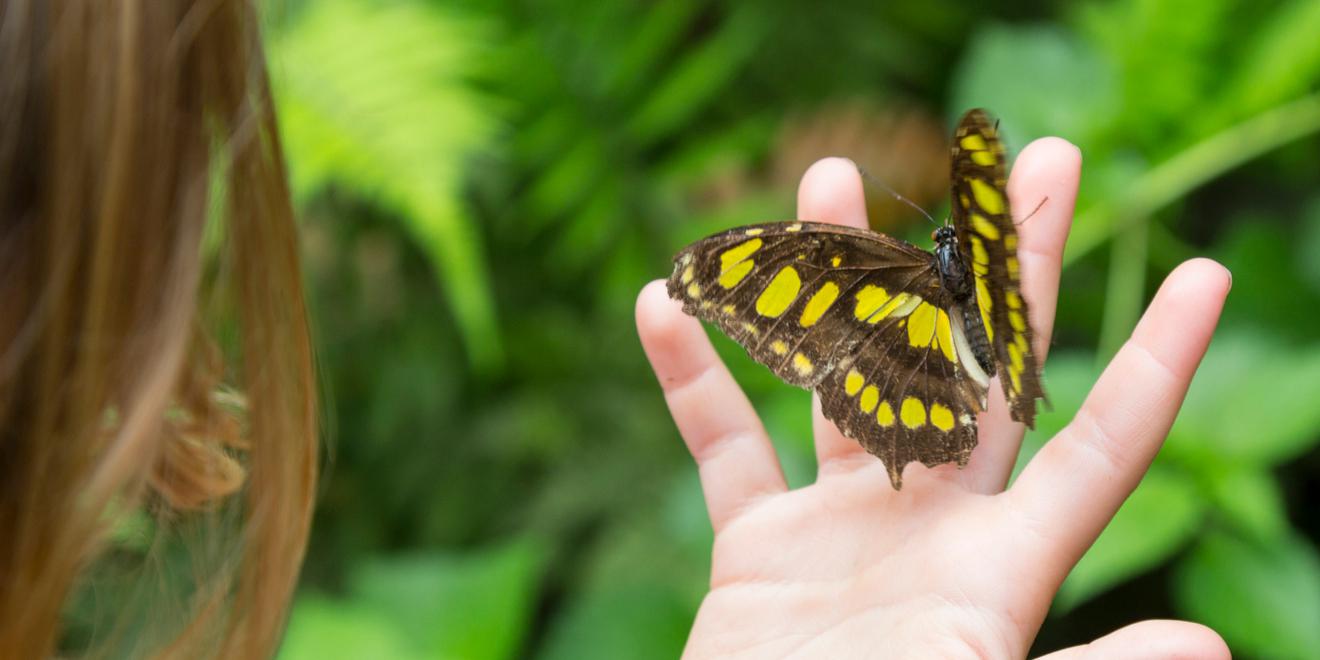Early Mosquito Activity in Massachusetts. What Does It Mean and is it Normal?
Posted by Mosquito Squad
December 20, 2023

Did you happen to see a mosquito or two here and there in mid-March? Or maybe sooner? Did that seem odd to you? Why are mosquitoes out early when it is not all that warm? It might seem strange, but in fact, it is a normal part of the mosquito life cycle. Keep reading to learn about these early active mosquitoes.
When Are Mosquitoes Active in Southeastern Massachusetts?
Mosquito activity will ebb and flow well before gaining summer consistency thanks to the variable and unpredictable spring weather in Plymouth and Bristol counties.

Mosquitoes don’t need it to be 80 degrees to emerge from their long winter’s nap. A sixty-to-seventy-degree afternoon is a perfect reason to fly out of their winter hiding spots, searching for their first blood meal of the season.
When these early warm afternoons and weekends provide us temporary relief from cooler winter temperatures early in spring, the mosquitoes will enjoy it as much as we do. They will also enjoy it as temporarily as we do. Often short and sweet, warm days or weeks can surprise us in February or March. Here is what you might see:
In the warmth of a sunny afternoon in March, you may see a handful of mosquitoes flying around individually. They may attempt to bite as they have woken up from a long fasting period. However, they won’t be super active during short durations of warm weather. Furthermore, as the sunsets and the temperature falls, they need to find a warm hiding spot until another warm afternoon arrives.
If a female mosquito did happen to have an opportunity to mate and get the blood meal she was after, she may lay eggs in as little as half an inch of standing water at the next warm afternoon opportunity. Those eggs can hatch in as little as four to seven days in summer. However, it can take much longer in cooler weather, or the eggs may even enter a diapause phase, awaiting warm, humid weather to hatch. The warmer the temperature, the quicker those eggs can hatch.
Why Do Mosquitoes Go from Zero to Sixty so Fast?
It is not your imagination that you barely see one or two mosquitoes, and then suddenly there are way too many – seemingly overnight. Mosquitoes can lay up to 300 eggs at once.
If our previously mentioned handful successfully enjoyed their first meal in March sometime. Their 1,500 eggs (5 mosquitoes x 300 eggs each) rely on the same weather patterns to hatch. Those weather patterns similarly impact them all, and they may hatch at the same time. At this point, your five mosquitoes up to 1,500 in the same day. Those mosquitoes, combined with potential over-wintering mosquito eggs tucked into a moist corner of your property – can absolutely take your mosquito problem from nothing to mosquito-pocolypse in the blink of an eye.
When is the Mosquito Season Tipping Point?
In a general sense, once temperatures stay above forty-five degrees Fahrenheit for ten days or more, mosquitoes will begin breeding. Then it all depends on warmer temperatures and standing water for the eggs to develop through the stages of their life cycle to adulthood.
At Mosquito Squad of Southeastern Massachusetts, we set our mosquito control season to fit with the weather. However, sometimes, we get surprise warm-ups ahead of schedule. Our team may be able to come out and provide an early treatment when that happens. If you do see a few mosquitoes early in the season, don’t hesitate to call our team and request an early treatment. We want to help you prevent that mosquito explosion.
















